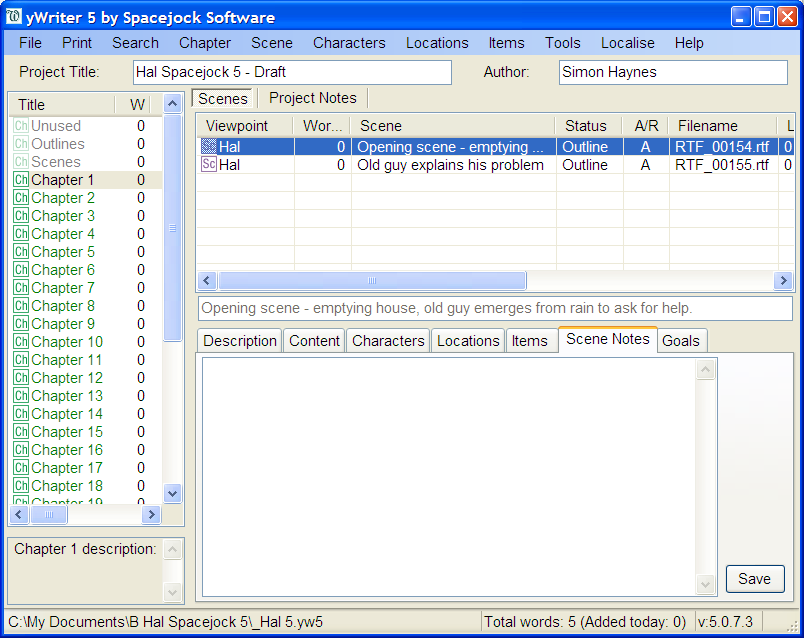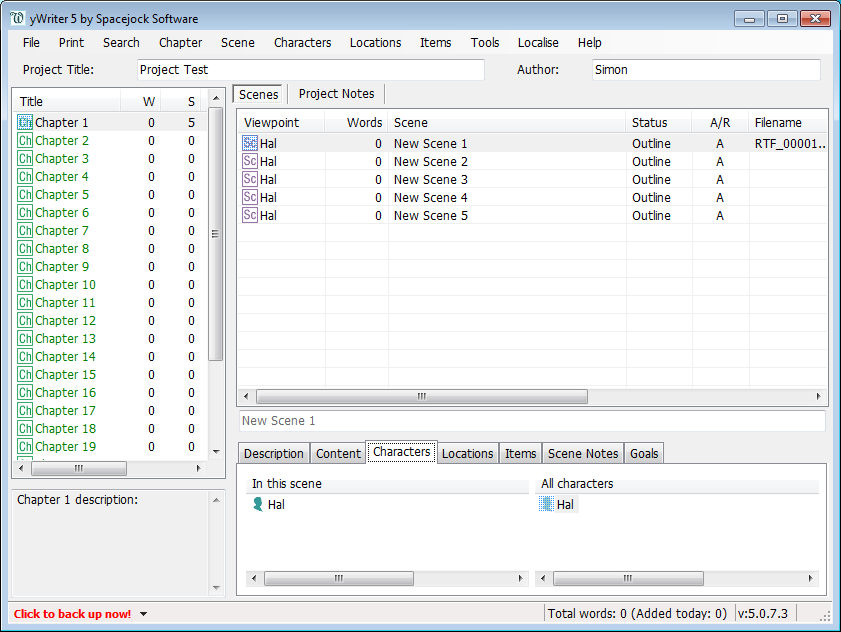- Edited
Another issue that a lot of drafts face (from newbie and seasoned writers) is run-on sentences.
Grammarly has a good article explaining what these are.
https://www.grammarly.com/blog/run-on-sentence-basics/
Grammarly's examples below:
[Incorrect]Lila enjoyed the bouquet of tulips John gave her on prom night however she prefers roses.
[Correct]Lila enjoyed the bouquet of tulips John gave her on prom night; however, she prefers roses.
Basically a run on sentence is stringing two separate conditions together and not placing a punctuation in between to separate the two kind of what I'm doing with this sentence that I'm writing right now.
It may seem obvious on screen, but it's quite a common thing to do when drafting from thought for the first time. Especially when writing is still a new skill. It may not be easy to determine punctuation rules between clauses. So it's handy to have a tool like Grammarly to flag the places where pauses are likely needed. This will slowly train the eye for the splits.
Also, with Grammarly's correct example. It would be better to substitute the semi colon ( ; ) with a full stop (.) instead, making them separate sentences and statements.








